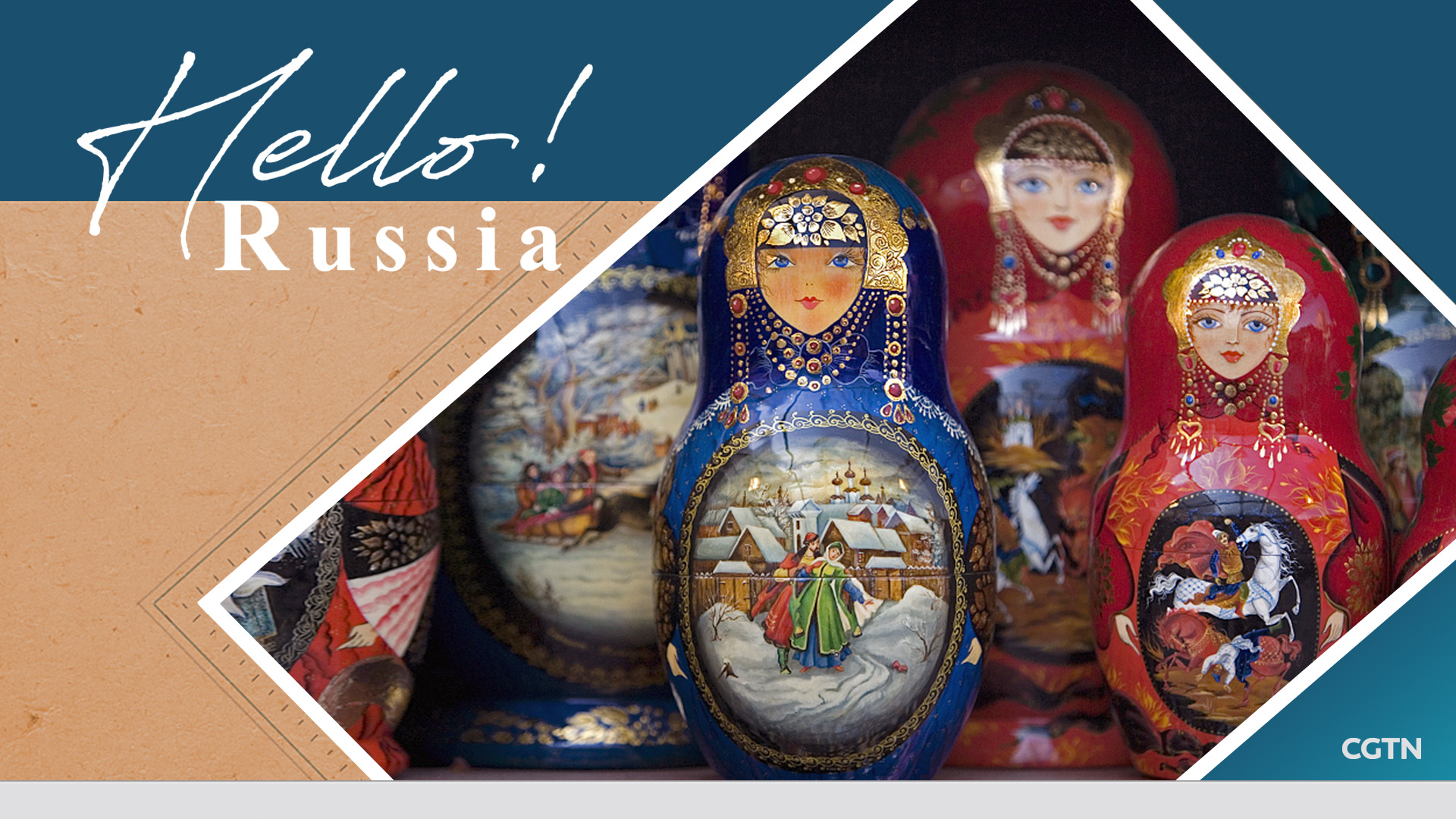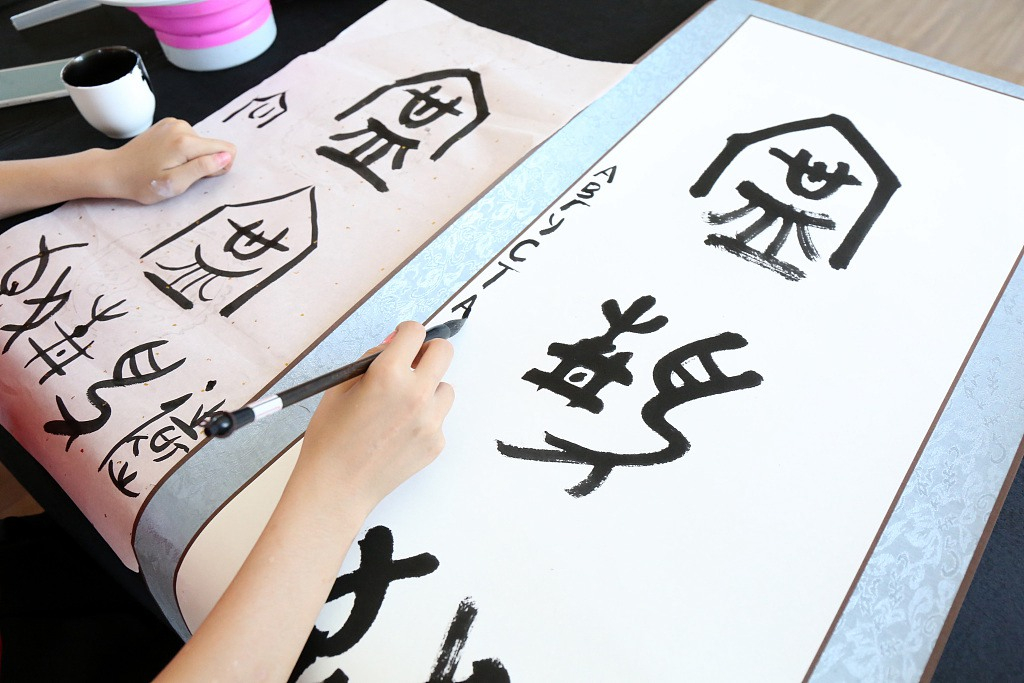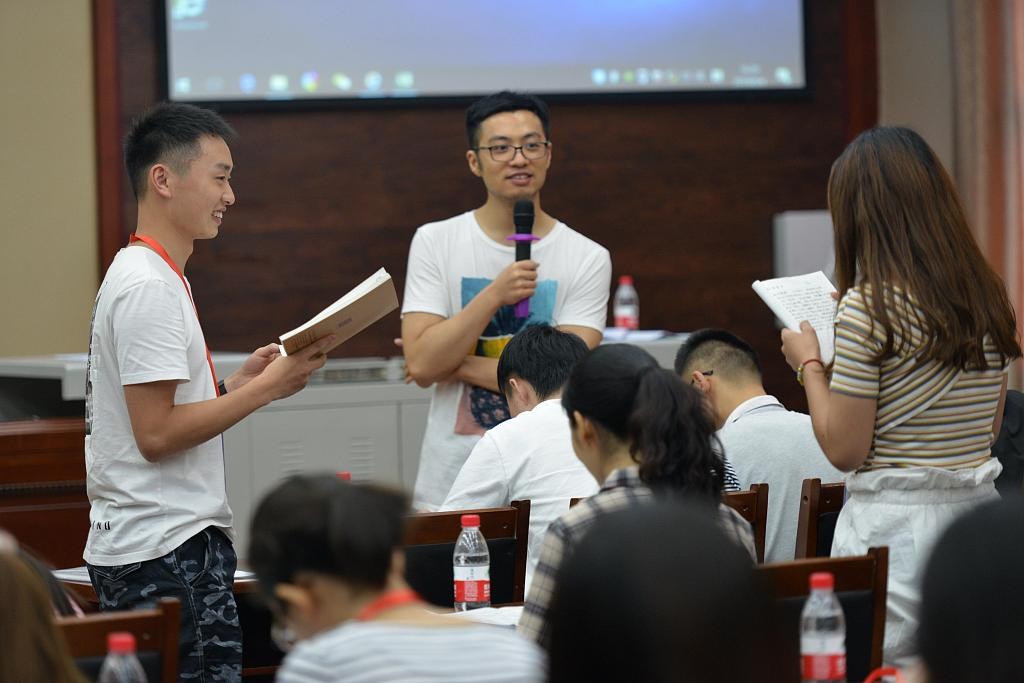
Culture
16:44, 06-Jun-2019
Cultural Russia: Strengthen exchanges and mutual language learning
By Ye Qing

At the invitation of Russian counterpart Vladimir Putin, Chinese President Xi Jinping is paying a state visit to Russia starting June 5 and is attending the 2019 St. Petersburg International Economic Forum. The leaders of China and Russia discussed friendship and ushered in a new era of China-Russia comprehensive strategic coordination.
In the past two years, China-Russia cooperation in infrastructure construction has been highlighted, trade in agricultural products has become more active, and local cooperation mechanisms have been gradually improved. While in the field of cultural exchanges, in recent years, the national year, the year of language, the year of tourism and other state-level activities have brought the two peoples closer.
Also, Russian society's awareness of China is increasing. According to a study conducted by the Russian Public Opinion Research Center in December 2017, 62 percent of Russian respondents believe that China is the closest and most friendly country to Russia.

A Russian schoolgirl writes her name on a script of "large seal script" on July 19, 2017. /VCG Photo
A Russian schoolgirl writes her name on a script of "large seal script" on July 19, 2017. /VCG Photo
Moreover, a public opinion survey conducted by Levada-Center in October 2018 showed that 75 percent of Russian respondents have a favorable opinion of China. In the same year, the 2018 China-Russia poll conducted by Jinri Toutiao also showed that Chinese people have a more positive attitude towards China-Russia relations.
The survey also showed that nearly half of respondents from the two countries would like to learn each other's language, with 59.6 percent of Chinese wanting to learn Russian, and 41.4 percent of Russians wanting to learn Chinese. Despite the huge cultural differences between China and Russia, the level of mutual understanding and goodwill between the two countries is increasing.
According to statistics, 153 universities are offering Russian majors and about 150 offering the public practice of Russian teaching. Among Russian teaching in primary and middle schools, 83 middle schools offer Russian courses, and six primary schools offer Russian courses.

Some students from quake-hit areas in Wenchuan, southwest China's Sichuan province, train in Russian language and Russian etiquette in Chengdu, Sichuan Province, September 4, 2018. /VCG Photo
Some students from quake-hit areas in Wenchuan, southwest China's Sichuan province, train in Russian language and Russian etiquette in Chengdu, Sichuan Province, September 4, 2018. /VCG Photo
There are also 22 Russian language centers in China now. Currently, 230 Russian schools offer Chinese language courses, with 26,000 students, including more than 80 primary and secondary schools with 12,000 students, according to the People's Daily.
Ren Guangxuan, a professor at Peking University, believes that literature has special value in promoting cultural exchanges between China and Russia and deepening the friendship between the two peoples. He said the number of Chinese universities offering Russian majors has risen from more than 60 in the early 21st century to 150 today. The number of Russian universities providing Chinese language and literature majors has increased from less than 10 in the early 1990s to more than 60 now, and the number continues to rise.
"China and Russia should hold more activities together so that the literary exchanges between China and Russia continue to heat up and the young people of both countries can read and enjoy the literature of their great neighbors," said Ren.
(Cover image made by Gao Hongmei)

SITEMAP
Copyright © 2018 CGTN. Beijing ICP prepared NO.16065310-3
Copyright © 2018 CGTN. Beijing ICP prepared NO.16065310-3